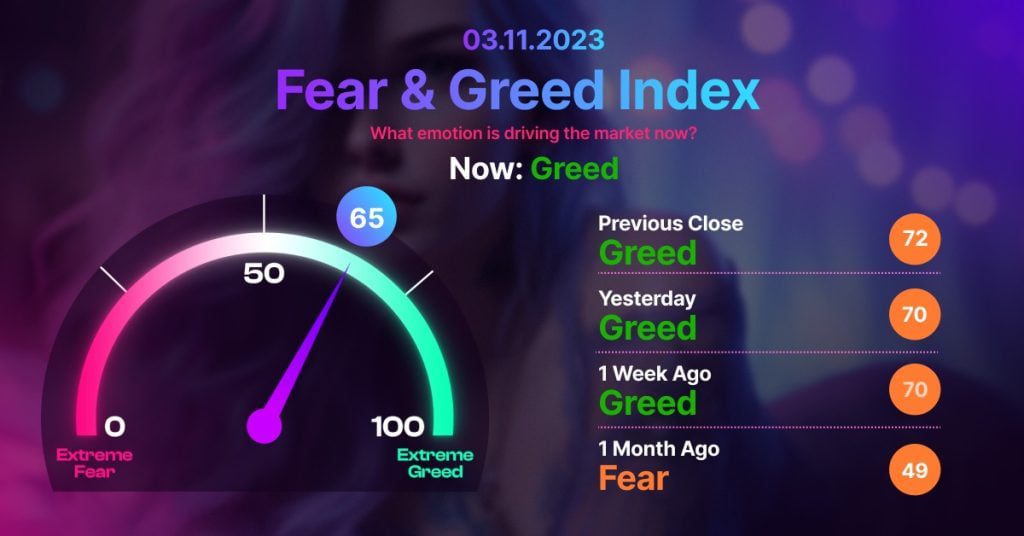Sam Bankman-Fried, founder and former CEO of crypto exchange FTX, has been found guilty of wire fraud after scamming customers out of approximately $10 billion.
The verdict came down in a Manhattan federal court after a relatively brief deliberation on Thursday, with the jurors finding Bankman-Fried guilty of all seven charges brought against him. In addition to the two counts of wire fraud, this included two counts of conspiracy to commit wire fraud, conspiracy to commit securities fraud, conspiracy to commit commodities fraud, and conspiracy to commit money laundering.
The former crypto billionaire had pleaded not guilty to all charges and even launched a Substack to defend himself in the court of public opinion in January.
Bankman-Fried now faces a maximum sentence of 110 years in prison, with sentencing scheduled for Mar. 28 next year. A second trial for five additional charges against the disgraced former billionaire is also currently scheduled for March.
U.S. Attorney Damian Williams stated:
“Sam Bankman-Fried perpetrated one of the biggest financial frauds in American history — a multibillion-dollar scheme designed to make him the King of Crypto — but while the cryptocurrency industry might be new and the players like Sam Bankman-Fried might be new, this kind of corruption is as old as time,…This case has always been about lying, cheating, and stealing, and we have no patience for it.”
Coinbase Suspends Staking Services in Maryland
Coinbase, a leading US cryptocurrency exchange, has suspended its retail staking services in Maryland, effective today, Thursday, following a cease and desist order issued by the Maryland Securities Commissioner. The decision impacts staking activities where users earn rewards through network security participation. As reported by @dajuiceboxyears and TheCryptoTengu.eth on Thursday, Maryland users will not be able to stake additional cryptocurrencies, and Coinbase will unstake any post-June 5 crypto balance, including accrued rewards.
In addition to these measures, the company is currently engaged in legal proceedings with the Maryland Securities Division over the interpretation of state securities laws as they apply to its retail staking services. Despite disagreeing with Maryland’s stance, Coinbase is considering adapting its services. The company hinted at potentially resuming these services as the order is not a final adjudication.
These funds and related rewards will be moved to users’ main accounts. Users still have the option to earn rewards on their remaining staked balance without restaking and can opt for voluntary unstaking at any time through Coinbase’s Earn tab, subject to standard unstaking periods.
Notably, this case could shape the regulatory approach to cryptocurrency regulation in the US and potentially set a precedent for staking services regulation in other states. The U.S. Securities and Exchange Commission (SEC) has also initiated a broader case against Coinbase.
Abu Dhabi Regulations for DAOs and Web3 Innovations
Abu Dhabi aims to become a crypto hub alongside Dubai in a move that’s part of a larger goal to foster initiatives in the blockchain and digital asset realm.
The second-most populous emirate in the United Arab Emirates has introduced a formal regulatory framework for decentralized autonomous organizations (DAOs) and other digital ledger entities as it doubles down on its ambition to be a leader in digital asset innovation within the Middle East.
The new framework allows DAOs to operate legally and issue tokens to members, providing regulatory clarity for digital asset firms. Abu Dhabi is aiming to become a crypto hub alongside Dubai, and this move is part of a larger initiative to foster initiatives in the broader blockchain and digital asset realm.
Distributed ledger technology (DLT), which provides the basis for blockchain networks, is a system of recording and storing information on different ledgers within a network to ensure data accuracy and security.
The Abu Dhabi Global Market (ADGM) has adopted a forward-looking approach by introducing the DLT Foundations Regime, following extensive consultations with industry stakeholders. Beyond establishing global standards, this framework is poised to revolutionize the blockchain sector by enhancing efficiency and transparency, as per the statement.
Chairman of ADGM, Ahmed Jasim Al Zaabi, emphasized Abu Dhabi’s rapid transformation into a hub for digital asset innovators, underlining a dedication to nurturing an ecosystem that fosters technological progress.
The ADGM’s endeavor elevates Abu Dhabi’s reputation as a forward-looking legal jurisdiction and offers substantial advantages to the broader Web3 community. By promoting improved governance and acknowledging the decentralized principles of this sector, Abu Dhabi sets a precedent for international financial hubs.


